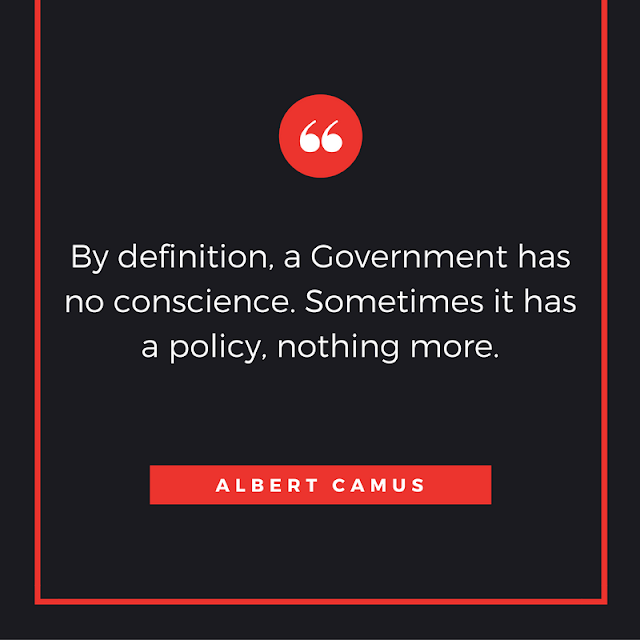Demonetization of democracy
In the last couple of weeks, some drastic changes happened in the biggest democracies of the world. The United States of America has selected Donald Trump as its new President which was very shocking for the rest of the world. Another big change the largest democracy of the world, India, witnessed. It was the demonetization of its currency. ₹ 500 and ₹ 1000 notes will not be considered legal currency anymore. In turn, ₹ 2000 notes will come into effect. People of India have 50 days since the announcement (until the end of 2016) to deposit their ₹ 500 and ₹ 1000 notes to the banks and to adjust to the change.
On November 8, when Prime Minister of India, Mr. Narendra Modi made the biggest announcement related to the Indian economy, it seemed that this would be the best ever move by any Government so far to combat corruption and tax cheating. The demonetization policy, that too, in such a short notice, would force tax cheaters and people who inherit "Black Money" in India as cash to come to banks to deposit their ₹ 500 and ₹ 1000 notes. Once they deposit such a large amount of cash, they will be scrutinized automatically if they won't be able to produce the proof for source of such a large amount of money.
Take a look at the chart below if you are unclear about the tax you'll be paying depending upon the amount you are going to deposit in the bank.
The Government of India is calling this policy of demonetization a complimentary campaign to their "Swachh Bharat Abhiyaan" (Clean India Campaign) where they want to sweep out corruption from India as well.
CONS
Inconvenience
55 - Total number of people who lost their lives amidst the chaos while exchanging money in the long queues of the banks. The shocking element of this exchanging money process is that no rich person is ever seen in those long tiring queues. There are numerous cases which come into light every day when someone's wedding is delayed, someone's treatment in the hospital is delayed and the worst I've heard is someone is delayed blood transfusion and basic access to food because of the unavailability of the cash as one is allowed to withdraw not more than ₹ 10,000 a day.Since the whole demonetization process was a swift one in order to not give enough time to black money or unaccounted money holders to "whiten" their money, the banks were also not given heads up to prepare themselves for the upcoming chaos. It has been 2 weeks but people are still struggling to get their hard earned money deposited and withdrawn in banks because banks are still not equipped to accommodate such large deposits and withdrawals.
Loss of manhours
Many remote villages or small towns in India do not have access to any banks nearby. Most of the residents of all those places have never been to a bank and don't have an account in banks. With the demonetization policy in effect, all those people will be forced to have a bank account so that their money which they have saved all their lives to be considered legit money and call it their own money. Those people are traveling far and wide to stand in the bank queues early in the morning so that they don't lose their daily wages by not showing up to their work. This may destabilize the rural economy.Vulnerability in financial crisis
Indian economy is mostly constituted of cash. People use cash for their daily transactions. The Government of India is forcing everyone to use banks and in turn, withdraw less money and use cheques (like MnRega). Is our system too strong to check the authenticity of cheques? Can small businesses rely on cheques for their daily transactions? Unfortunately, these habits of using cash cannot be changed overnight.According to Reserve Bank of India (RBI), ₹ 16, 415 billion is in circulation (as of March 2016). 47.8% of this huge amount is constituted by ₹ 500 notes while ₹ 1000 notes make 38.6% of it. Thus, demonetization policy is going to freeze a whopping amount of money.





























6 comments
well researched article ..nice information....
ReplyDeleteThanks Mr. Amit. As always, it is just my opinion based on an average Indian's sufferings.
DeleteGood article i too have written a piece on this issue...https://chintha2007.com/2016/11/20/de-monetization-a-halo-effect/
ReplyDeleteThank you! I read your article on the same policy. It is very well written!
DeleteIn the end this too will pass just as another hollow exercise. But Mr Modi will have gained some kind of attention which he loves. :)
ReplyDeleteWell said Tomichan. I have no favourites as well. Those who care for the poor first and then the rich, will always be admired!
Delete